Cortex
Recent articles
Modern AI is simply no match for the complexity likely required for harboring consciousness, says Jaan Aru
He argues that our brain’s computations are of a completely different nature than any artificial intelligence because they take place across many spatial and temporal scales and are inextricably entwined with biological materials.
Modern AI is simply no match for the complexity likely required for harboring consciousness, says Jaan Aru
He argues that our brain’s computations are of a completely different nature than any artificial intelligence because they take place across many spatial and temporal scales and are inextricably entwined with biological materials.
‘Tour de force’ study flags fount of interneurons in human brain
The newly discovered cell type might point to the origins of the inhibitory imbalance linked to autism and other conditions.
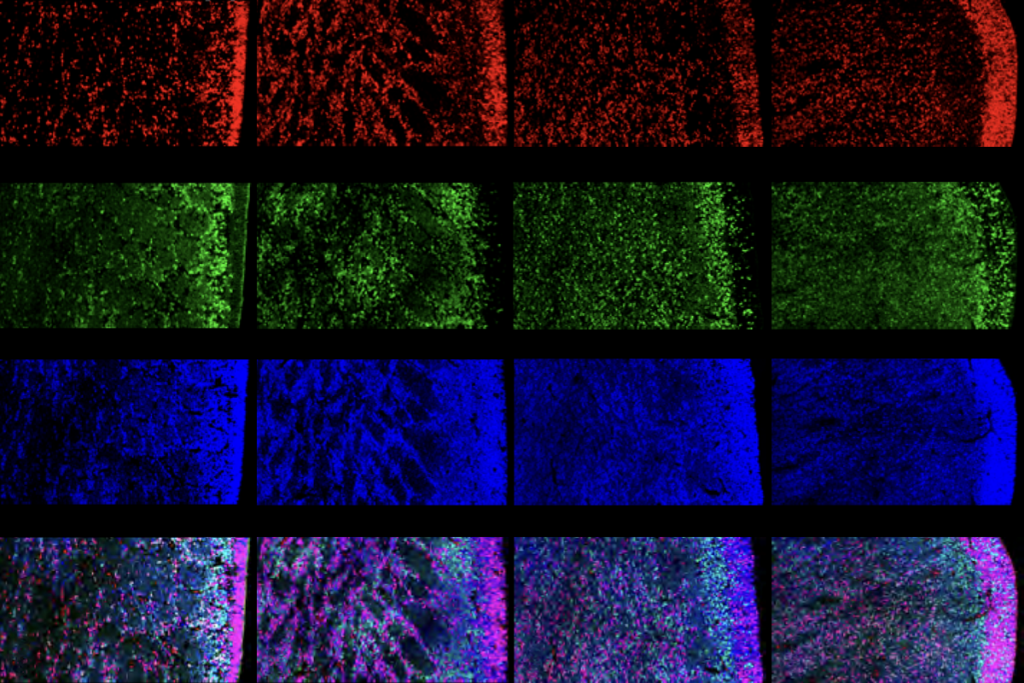
‘Tour de force’ study flags fount of interneurons in human brain
The newly discovered cell type might point to the origins of the inhibitory imbalance linked to autism and other conditions.
Snoozing dragons stir up ancient evidence of sleep’s dual nature
Deep-sleep cycling between brain waves of higher and lower amplitude dates far back on the evolutionary tree, according to a new comparative study of mammals and reptiles.
Snoozing dragons stir up ancient evidence of sleep’s dual nature
Deep-sleep cycling between brain waves of higher and lower amplitude dates far back on the evolutionary tree, according to a new comparative study of mammals and reptiles.
Dispute erupts over universal cortical brain-wave claim
The debate highlights opposing views on how the cortex transmits information.
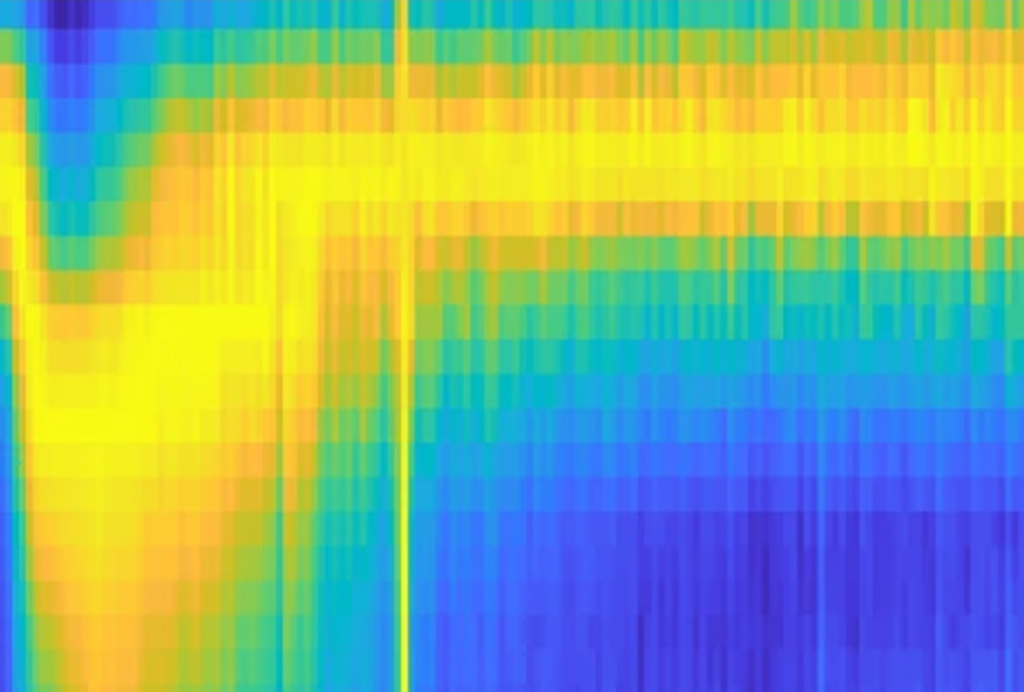
Dispute erupts over universal cortical brain-wave claim
The debate highlights opposing views on how the cortex transmits information.
To persist, memories surf molecular waves from thalamus to cortex
During the later stages of learning, the mouse brain progressively activates transcriptional regulators that drive memory consolidation.
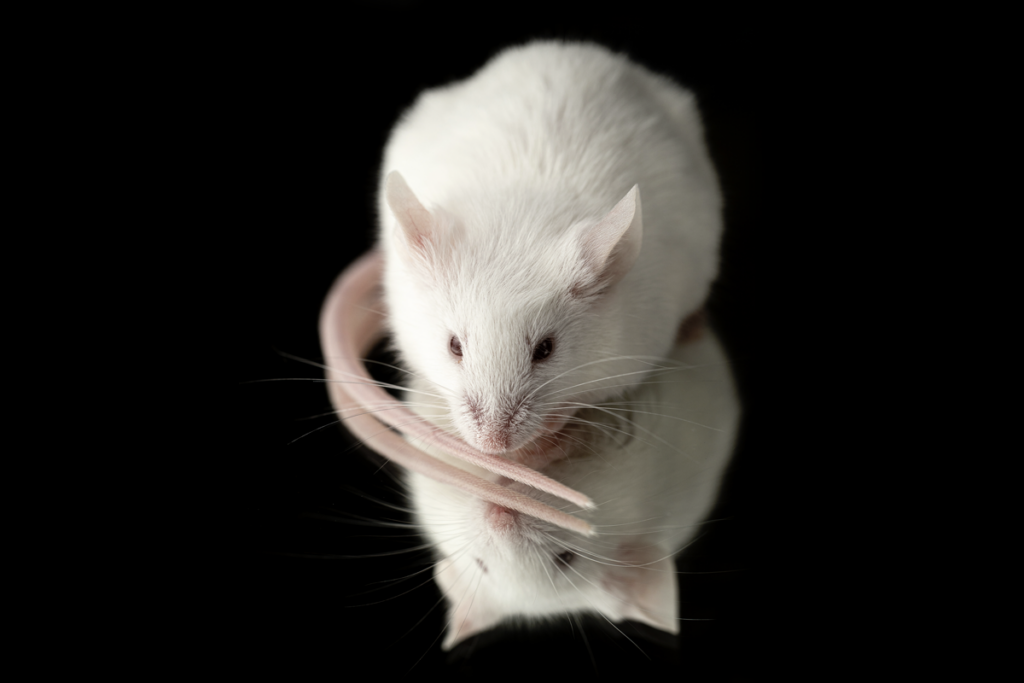
To persist, memories surf molecular waves from thalamus to cortex
During the later stages of learning, the mouse brain progressively activates transcriptional regulators that drive memory consolidation.
Constellation of studies charts brain development, offers ‘dramatic revision’
The atlases could pinpoint pathways that determine the fate of cells linked to neurodevelopmental conditions.
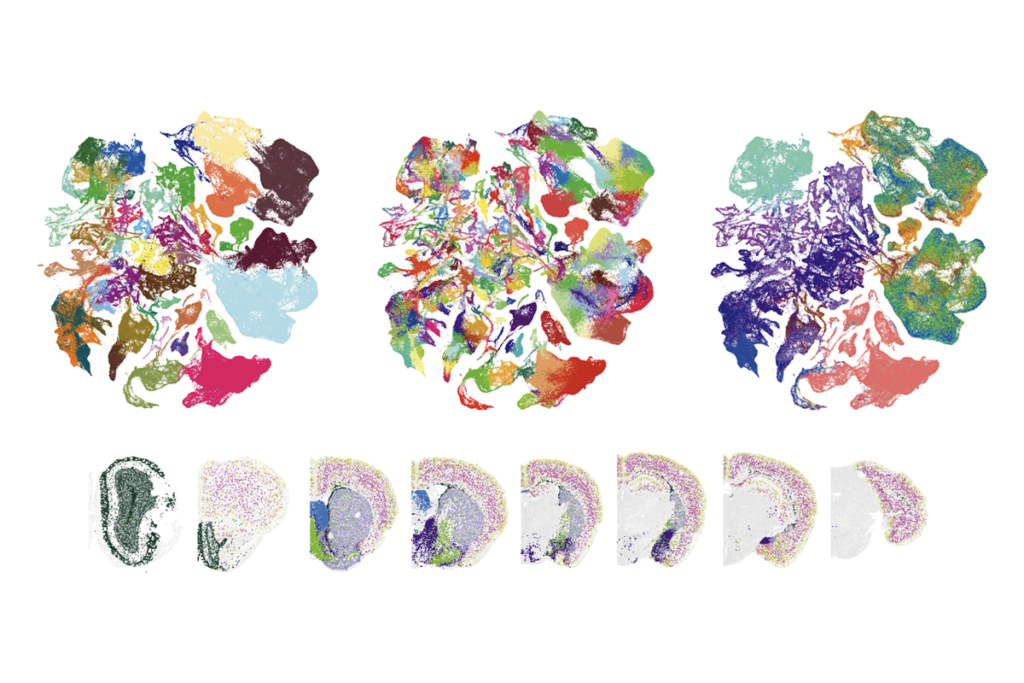
Constellation of studies charts brain development, offers ‘dramatic revision’
The atlases could pinpoint pathways that determine the fate of cells linked to neurodevelopmental conditions.
Ann Kennedy explains the theoretical neuroscience of survival behaviors
The Scripps neuroscientist calls for a broader theoretical neuroscience approach in her area of research, which focuses on how the subcortex bridges life and cognition.
Ann Kennedy explains the theoretical neuroscience of survival behaviors
The Scripps neuroscientist calls for a broader theoretical neuroscience approach in her area of research, which focuses on how the subcortex bridges life and cognition.
Adult human cortex does not reorganize after amputation
The results from a new longitudinal study contradict classic findings in monkeys but may not warrant a rewriting of the textbooks just yet.
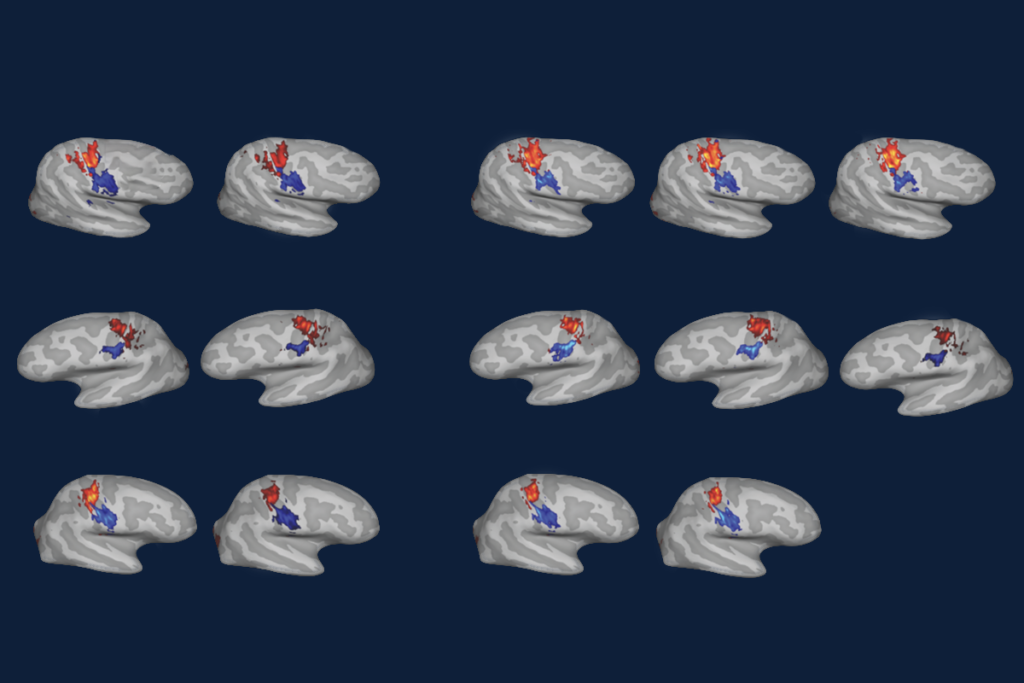
Adult human cortex does not reorganize after amputation
The results from a new longitudinal study contradict classic findings in monkeys but may not warrant a rewriting of the textbooks just yet.
To understand the brain as a network organ, we must image cortical layers
Human neuroscience research has largely overlooked this spatial scale—which bridges cells and brain areas. But new advances in functional MRI technology are changing that.
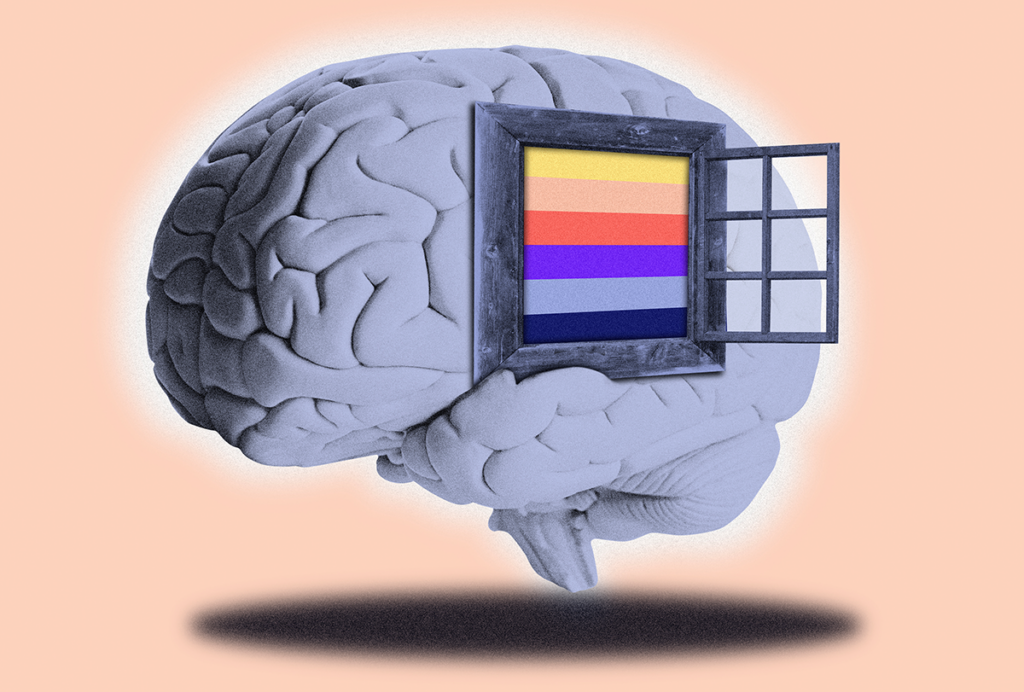
To understand the brain as a network organ, we must image cortical layers
Human neuroscience research has largely overlooked this spatial scale—which bridges cells and brain areas. But new advances in functional MRI technology are changing that.
Exclusive: Recruitment issues jeopardize ambitious plan for human brain atlas
A lack of six new brain donors may stop the project from meeting its goal to pair molecular and cellular data with the functional organization of the cortex.
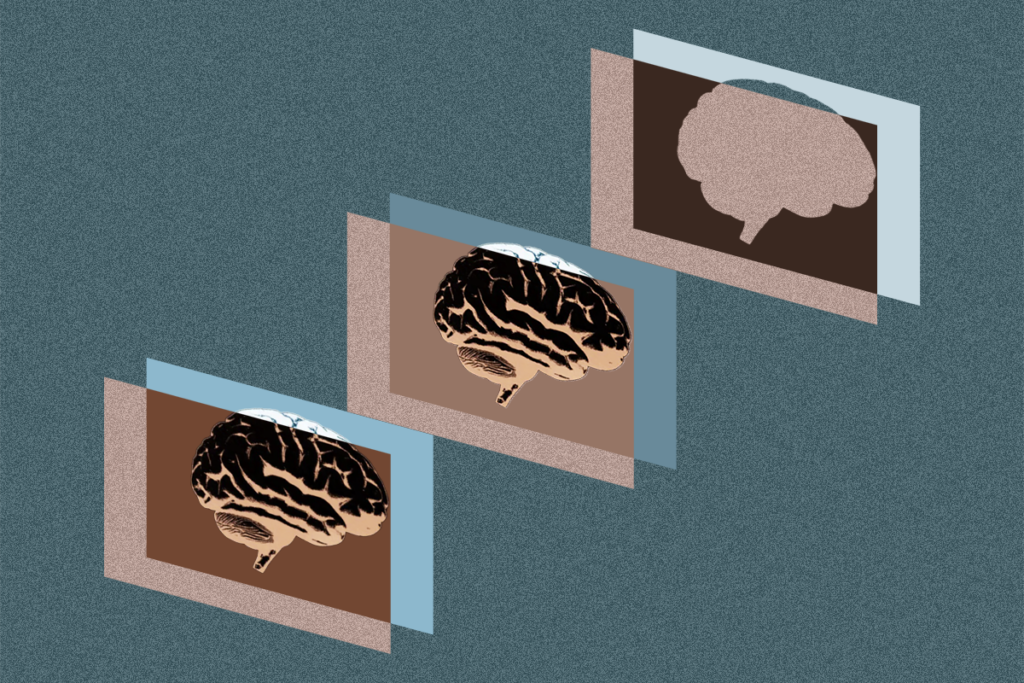
Exclusive: Recruitment issues jeopardize ambitious plan for human brain atlas
A lack of six new brain donors may stop the project from meeting its goal to pair molecular and cellular data with the functional organization of the cortex.
Explore more from The Transmitter
Astrocytes orchestrate oxytocin’s social effects in mice
The cells amplify oxytocin—and may be responsible for sex differences in social behavior, two preprints find.

Astrocytes orchestrate oxytocin’s social effects in mice
The cells amplify oxytocin—and may be responsible for sex differences in social behavior, two preprints find.
Neuro’s ark: Spying on the secret sensory world of ticks
Carola Städele, a self-proclaimed “tick magnet,” studies the arachnids’ sensory neurobiology—in other words, how these tiny parasites zero in on their next meal.

Neuro’s ark: Spying on the secret sensory world of ticks
Carola Städele, a self-proclaimed “tick magnet,” studies the arachnids’ sensory neurobiology—in other words, how these tiny parasites zero in on their next meal.
Autism in old age, and more
Here is a roundup of autism-related news and research spotted around the web for the week of 2 March.

Autism in old age, and more
Here is a roundup of autism-related news and research spotted around the web for the week of 2 March.